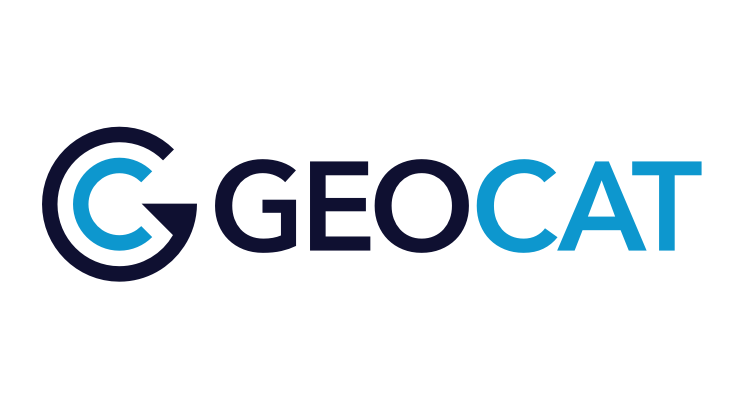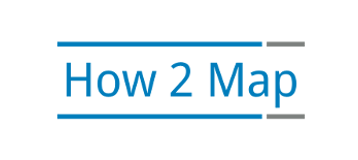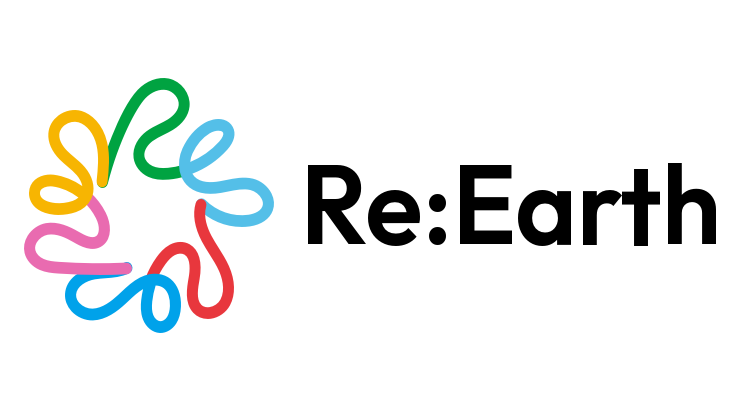Many best practices for Open Science, including publication of both the data and software, active international networking and reach out to industry and society are already common practice within OSGeo and are part of the OSGeo Incubation Process. Therefore OSGeo can provide guidance by best practices on how these practices can be established in scientific activities.
Origin
The idea for the committee was conceived during a EGU-themed birds of a feather meeting at the FOSS4G-Europe in Como, Italy on July 16 2015
Reach out to Learned Societies
OSGeo interacts with learned societies, such as the American Geophysical Union (AGU) and the European Geoscience Uniion (EGU) on several levels. OSGeo volunteers have been actively hosting Open Science related sessions at AGU and EGU events, including the annual OSGeo Open Science Townhall at the EGU General Assembly (GA). In addition, OSGeo projects and activities are being showcased at the annual ESIP Open Science and Data Help Desk at the EGU GA, to reach out to early career scientists who are using or considering FOSS as a base for their work.
Persistent Identifiers (PID)
OSGeo has embraced persistent digital identifiers (PID), which are key enablers for Open and FAIR.
PID are good practice for scientific credit
Persistent identifiers (PID) are long-lasting references to digital ressources which are accessible over the Internet. PID can be both persistent but also actionable: If a PID is entered in a web browser, the PID will be automatically resolved into the current web address of the digital object.
Web addresses based on URL are by design transient: If the digital content is moved to another location in the Internet, the previous URL becomes invalid. This is called “link rot”. Link rot affects OSGeo related content. One example is the codebase of the MOSS project, which was unavailable for over a year due to bit rot. Some regular URLs are made long-lasting as permalinks, but this requires continuous effort by the maintainers of the web content. This is not the case with PID.
Because of this, PID are now considered good practice for references and citations to software and data in scientific publications.
Software DOI for OSGeo projects, data DOI for OSGeo datasets and personal ORCIDs for software developers enable recognition and due scientific credit for the volunteer effort in the OSGeo communities
PID use in OSGeo
By now a range of PID for different purposes, such as software DOI for OSGeo projects, data DOI for OSGeo datasets and personal ORCIDs for software developers enable recognition and due scientific credit for the volunteer effort in the OSGeo communities.
OSGeo Foundation (ROR)
The OSGeo Foundation is recognized in the Research Organisation Registry (ROR) with a unique PID 00cjqbk89
OSGeo Volunteers (ORCID)
Many project members and code developers of OSGeo projects have registered Open Research and Contributor IDs (ORCID), which are embedded in the code repositories
Data Sets (DOI)
Many datasets related to OSGeo projects can be referenced by DOI for data, as they are available in digital Open Access archives.
Presentations (DOI)
Many presentations and similar ressources related to OSGeo projects can be referenced by DOI for data, as they are available in digital Open Access archives.
OSGeo Conference Videos (DOI)
Conference recordings from OSGeo FOSS4G conferences and other OSGeo-related conferences can be referenced by DOI via the AV-Portal of the German National Library of Science and Technology (TIB).
As of 2024, over 700 hours of recordings are available, going back to 1987. The earliest conference recordings date back to 2002.
OSGeo Software Projects (DOI)
A growing number of OSGeo software projects has minted Digital Object Identifier (DOI) for their software. OSGeo software projects are cited by their concept DOI (as a project) and version DOI (specific software releases) in scientific publications.





